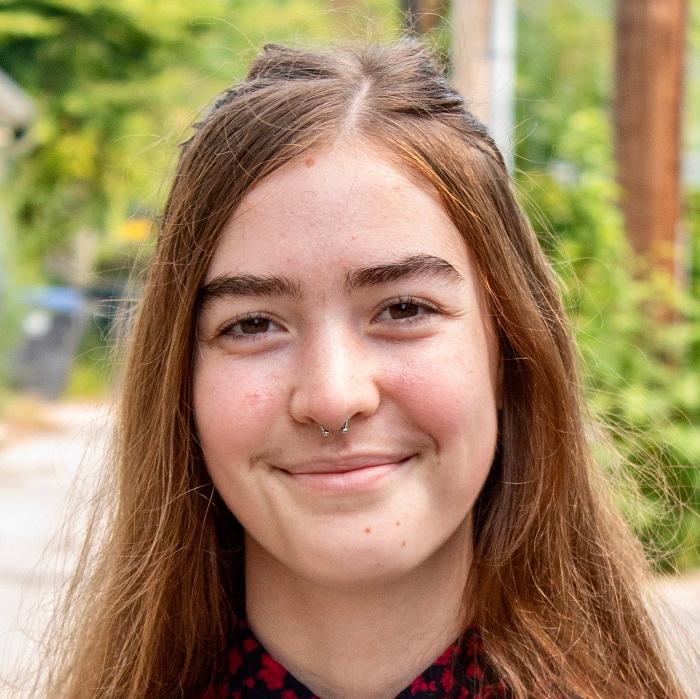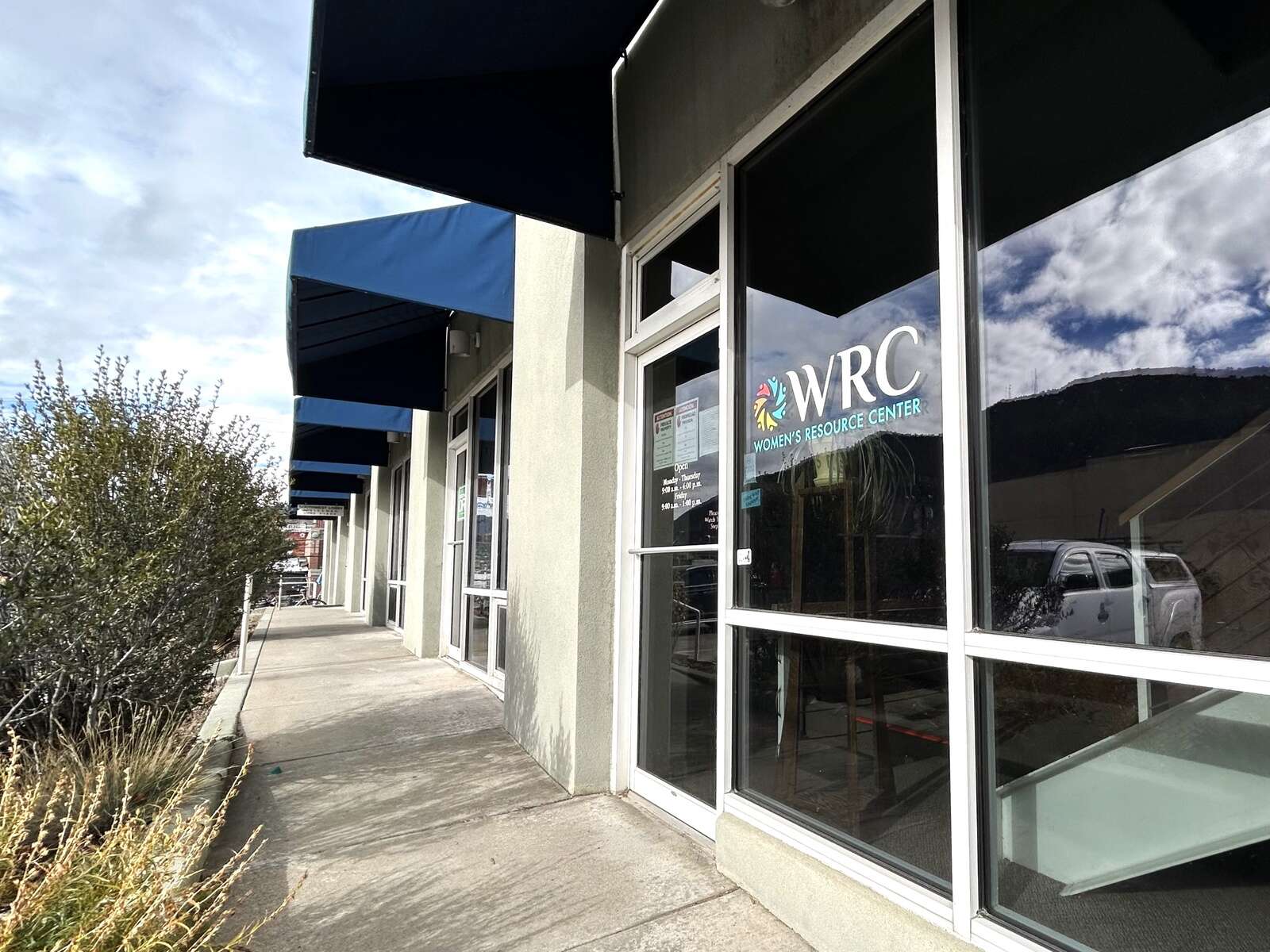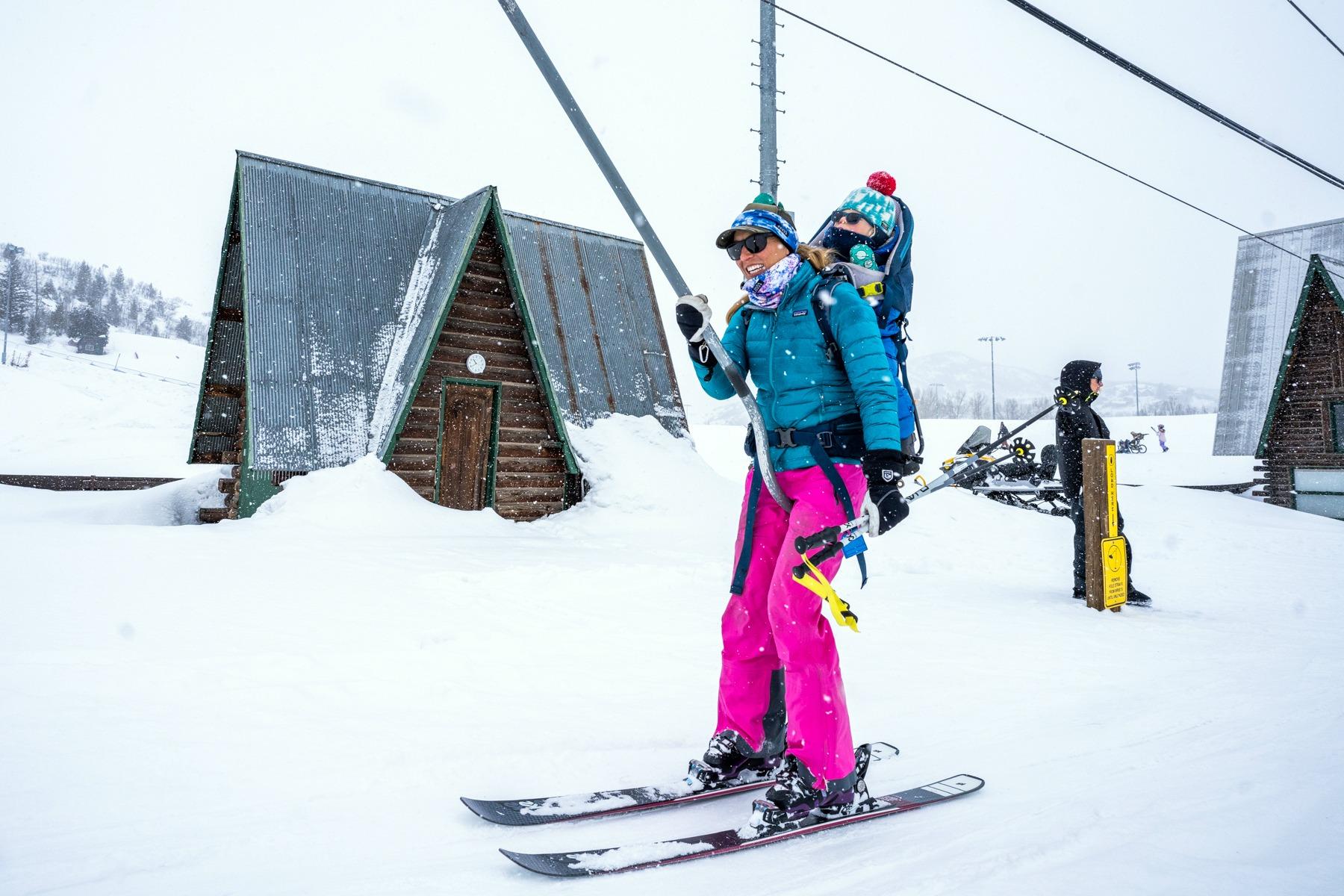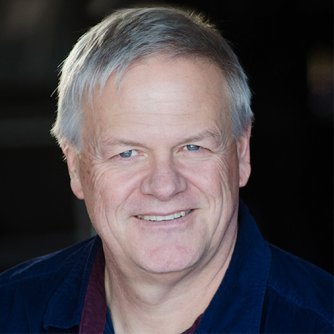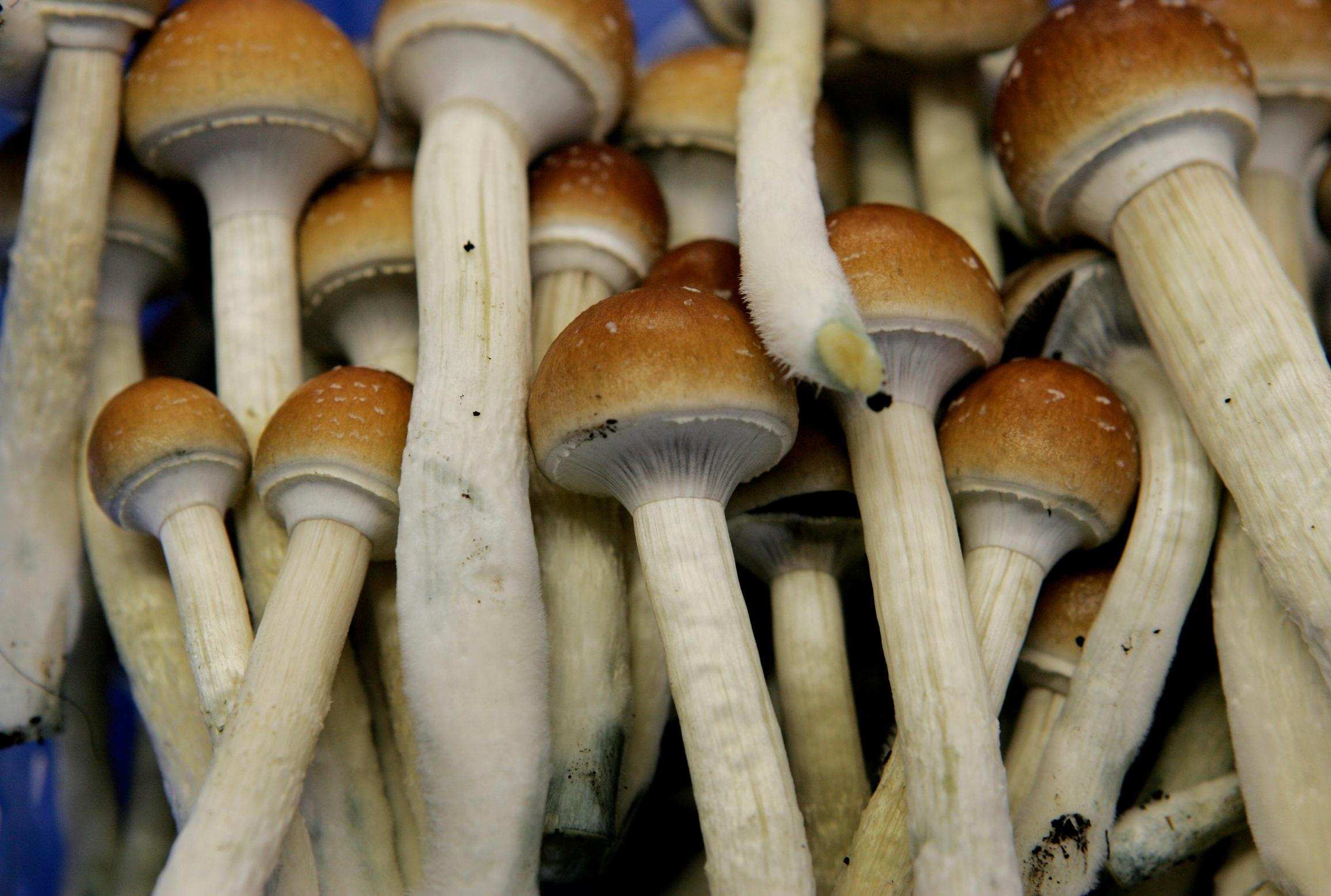
Proposition 122 would create the Natural Medicine Health Act, which would decriminalize psilocybin and psilocin, the hallucinogenic compounds found in certain strains of mushrooms, for those over 21.
If this passes, Coloradans wouldn’t be able to buy mushrooms over the counter, however. Prop 122 creates a legal access program, so people over 21 could consume psilocybin in state-regulated settings, supervised by a trained facilitator. Starting in 2026, Colorado regulators could decide to create similar programs for DMT, ibogaine and mescaline, excluding peyote.
The personal use of all of these substances – psilocybin, psilocin, DMT, ibogaine, and mescaline – would also be decriminalized under this proposition. This means people will be allowed to grow, share and gift these substances, but they would not be allowed to sell them directly.
Here’s the language you’ll see on the ballot:
Shall there be a change to the Colorado Revised Statutes concerning legal regulated access to natural medicine for persons 21 years of age or older, and, in connection therewith, defining natural medicine as certain plants or fungi that affect a person’s mental health and are controlled substances under state law; establishing a natural medicine regulated access program for supervised care, and requiring the department of regulatory agencies to implement the program and comprehensively regulate natural medicine to protect public health and safety; creating an advisory board to advise the department as to the implementation of the program; granting a local government limited authority to regulate the time, place, and manner of providing natural medicine services; allowing limited personal possession, use, and uncompensated sharing of natural medicine; providing specified protections under state law, including criminal and civil immunity, for authorized providers and users of natural medicine; and, in limited circumstances, allowing the retroactive removal and reduction of criminal penalties related to the possession, use, and sale of natural medicine?
How would it work?
- For people 21 and over, this proposition would decriminalize the personal cultivation, possession, use and gifting of the following psychedelic compounds: psilocybin and psilocin (found in psychedelic mushrooms), DMT, ibogaine, and mescaline (excluding peyote).
- It would set up a system for state-regulated settings where people could consume psilocybin under trained supervision.
- Starting in 2026, the state could decide to create similar regulated access to DMT, ibogaine and mescaline (excluding peyote).
- Local governments could not ban licensed facilities from their bounds, but could regulate their operation.
- A board of 15 people appointed by the governor would advise the Department of Regulatory Agencies in creating rules for this regulated access framework.
- The proposition creates penalties for those under 21 who are caught with any of these compounds — a petty offense charge and up to four hours of drug counseling. It also would impose a fine of up to $250 and “other applicable penalties” for adults who make it possible for underage people to access them.
It would not allow retail sales (so no storefront sales a la legal cannabis). And it would not change the status of these substances under federal law; all are illegal and classified as ‘Schedule I’ by the Drug Enforcement Administration, meaning they are considered to have “no currently accepted medical use” and a high potential for abuse, though researchers generally believe these psychedelics are physically non-addictive.
Who’s for it?
Organizer Kevin Matthews said it’s important to offer Coloradans options beyond existing therapies, especially as the state ranks low for mental health care. Some studies suggest that psilocybin could potentially benefit those experiencing depression, anxiety and PTSD.
“There is no better time,” said Matthews, who was also involved in Denver’s decriminalization effort. “We deserve access to these medicines today. We can’t wait.”
People are already using mushrooms and other psychedelics, Matthews added. He believes that a regulated access program will make use safer through guardrails and supervision.
He also points to Denver as an example of success. After voters agreed to partially decriminalized psilocybin use in 2019, the city created a board to evaluate its impact. That panel, which included law enforcement representatives and city employees, determined that the measure did not create a significant public safety issue. And given the fact that researchers typically consider psilocybin as non-addictive, proponent Veronica Lightning Horse Perez said that its designation as a Schedule I substance does not make sense.
“Anything that we criminalize has the potential to destroy a person's life,” she said. “Is this something that is so serious and so bad, and so destructive, that we're willing to destroy someone's life over? I don't think the answer to that question is yes.”
Natural Medicine Colorado leads the advocacy campaign and has reported more than $2.8 million in contributions, with most of that money coming from New Approach PAC, a Washington, D.C.-based nonprofit that has contributed to cannabis legalization measures across the nation.
According to Open Secrets, the PAC’s main funders are Dr. Bronner’s Magic Soaps, which has been active in efforts to legalize psychedelics around the country, ScottsMiracle-Gro, and Henry van Amerigen, a philanthropist who died in 2020 (a staffer for New Approach said money from ScottsMiracle-Gro has not gone toward Proposition 122).
Who’s against it?
Some parents have raised concerns that kids could more easily access psychedelic substances if this proposition passes. In early September, “Protect Colorado’s Kids,” an issue group, registered in opposition to the proposition. It reports just $750 of non-monetary contributions, according to the most recent filings.
Dawn Reinfeld, a mom who also organizes against high-THC marijuana, worries that teens and young adults will believe psychedelics are safe to use simply because they are legal.
Others argue decriminalization raises broad public safety concerns, with the possibility that dealers will find ways to get around the ban on selling mushrooms.
“You can’t sell it, but you can certainly give it away,” said Jason Dunn, the former U.S. Attorney of Colorado. “To me, that sounds like an unregulated market… how are we going to know if they’re selling it without a concerted drug enforcement effort?”
The measure is also opposed by some who support the overall goal of decriminalizing psychedelics, but don’t believe Proposition 122 takes the right approach.
These activists argue that people should not face jail for using these substances, but that there is not enough research yet to justify a legal access program. One organizer, Nicole Foerster, said this distinction is crucial because the healthcare system isn’t built with marginalized people’s safety in mind.
“If Colorado has some of the worst mental health care in the nation then that is the last system we should be pumping these medicines into,” Foerster said. “My primary goal is to protect the presently occurring access that we know is happening, rather than to create a new framework at this point in history.”
The Food and Drug Administration has designated psilocybin a “breakthrough therapy” but has not approved its use. Earlier this year, the American Psychiatric Association stated that there is “currently inadequate scientific evidence for endorsing the use of psychedelics to treat any psychiatric disorder” outside of approved studies.
Further coverage
- Legalizing psychedelic mushrooms is on the Colorado ballot this fall. Here’s what the supporters, the opponents and the data have to say
- What does it mean to decriminalize psychedelic mushrooms? Denver will be the first city to figure it out.
- Stressed out, busy moms say microdosing mushrooms makes life easier and brighter. Researchers caution that they are ‘experimenting on themselves’
